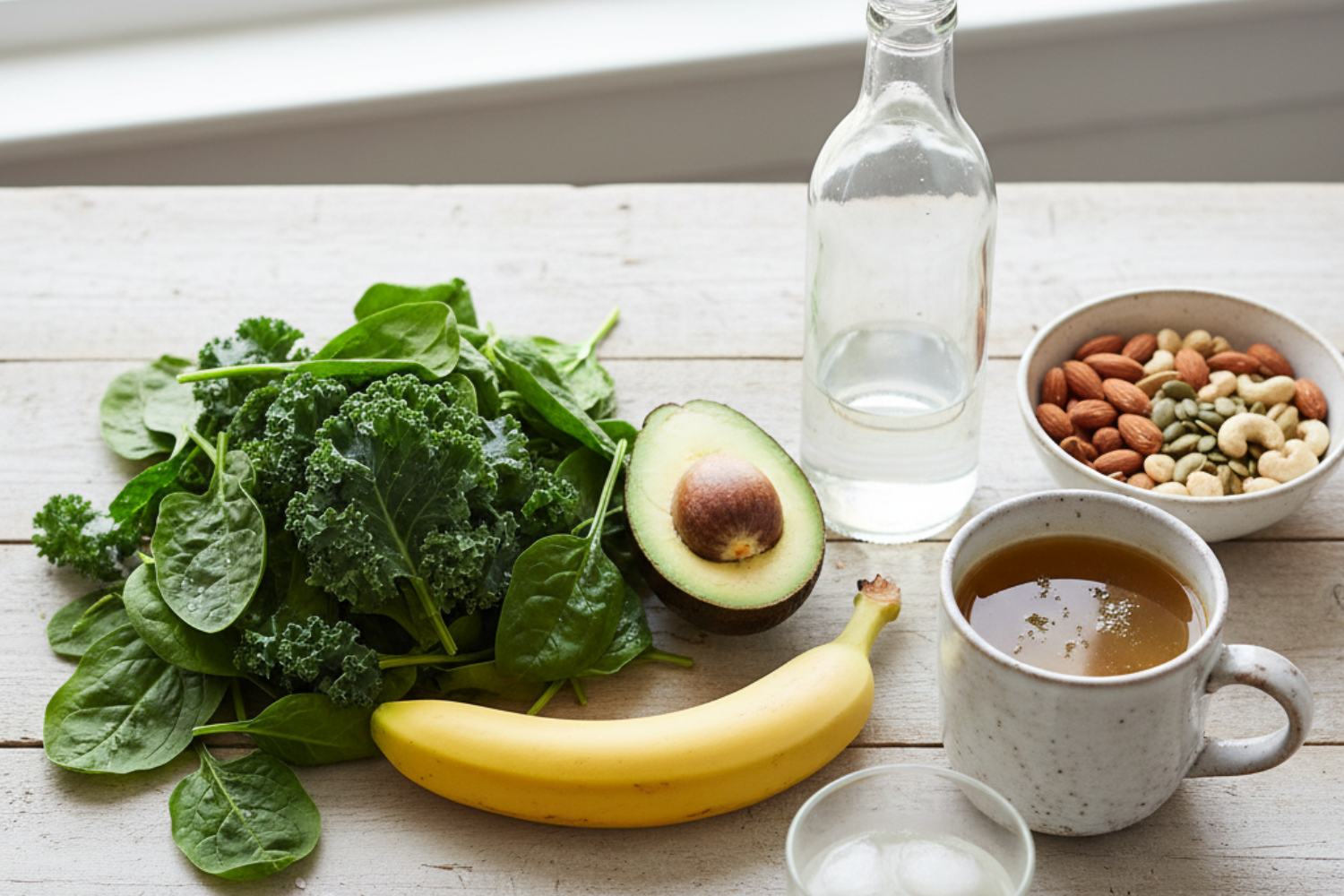The essential minerals known as electrolytes aren’t solely the domain of neon-colored sports drinks. In reality, many whole foods and common beverages are powerful natural sources that keep the human body’s complex systems in balance. These minerals, which include sodium, potassium, magnesium, and calcium, are fundamental to hydration, nerve and muscle function, and heart health.
Electrolytes play supportive roles in processes like energy metabolism, muscle function, and fluid balance, all of which contribute to overall wellness. This guide details the most effective natural sources of electrolytes and explains how to integrate them seamlessly into a healthy diet to ensure optimal bodily function.
What Are Electrolytes and Why Does Your Body Need Them?
Electrolytes are crucial minerals that carry an electric charge when dissolved in the body’s fluids, such as blood and sweat. This electric activity is why they are so important. The key nutrients, which also include phosphorus and chloride, govern everything from fluid balance and muscle contraction to nerve signal transmission and even energy production.
Electrolytes support normal fluid balance, nerve signaling, and muscle contractions, which are all essential to maintaining overall cardiovascular and muscular function. Adequate electrolyte intake supports the body's ability to carry out essential physiological functions like hydration and muscle activity.
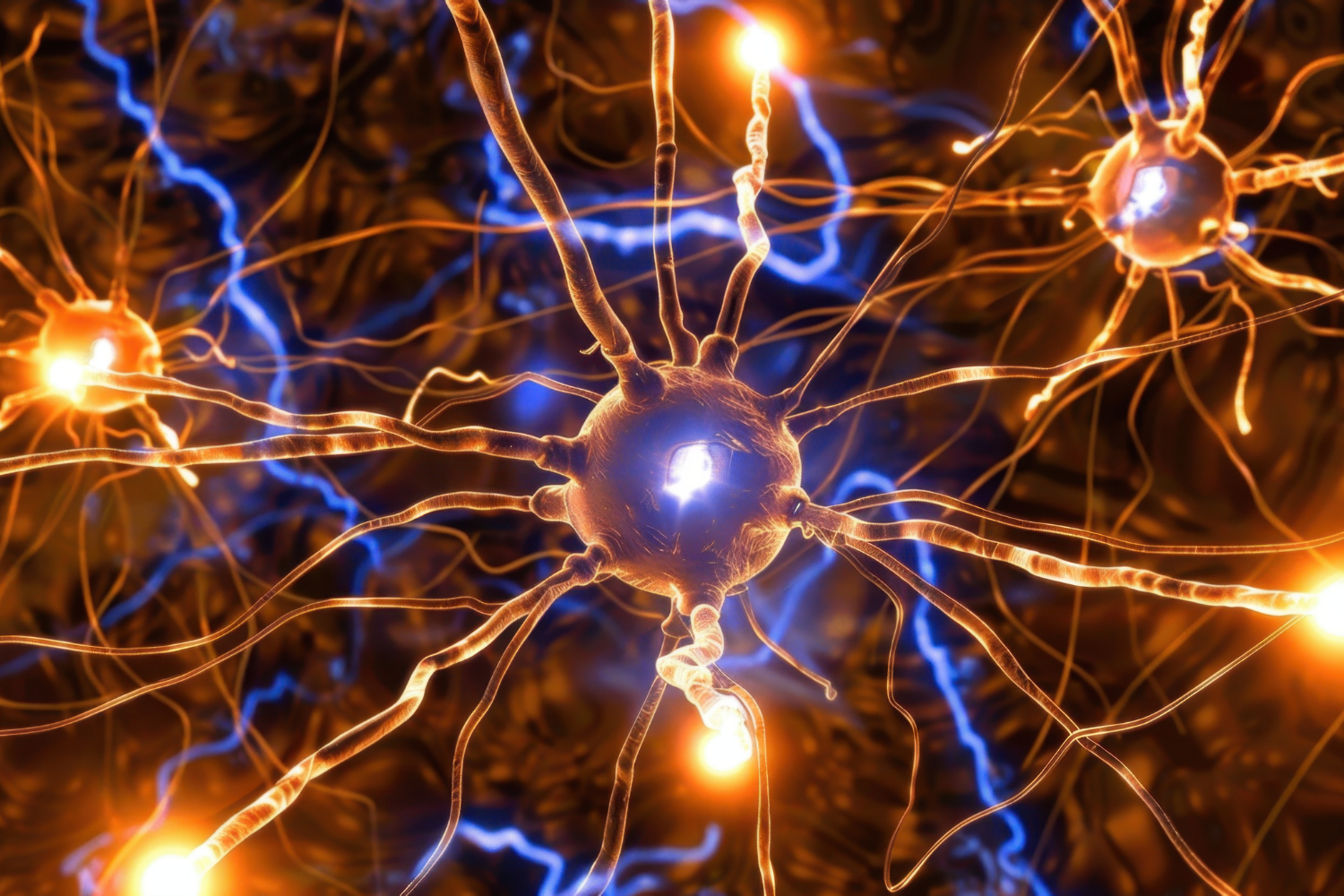
What Happens If You Don’t Get Enough Electrolytes?
Low electrolyte levels may be associated with symptoms such as fatigue, muscle cramping, or dizziness, though these can have many causes and should be evaluated by a healthcare provider if persistent.
While both dehydration and electrolyte imbalance can share similar outward signs, their root causes and effects differ:
|
Condition |
Main Cause |
Common Signs |
When to Seek Help |
|
Dehydration |
Insufficient water intake or excessive fluid loss from intense sweating or illness. |
Thirst, dry mouth, reduced urination, or dark-colored urine. |
Severe symptoms like confusion, fainting, or very low blood pressure require immediate medical attention. |
|
Electrolyte Imbalance |
Levels too low or too high due to kidney issues, specific medications, or prolonged, intense physical exertion. |
Muscle cramps, irregular heart rhythm, persistent fatigue, or dizziness. |
Severe weakness, a noticeably irregular heartbeat, or confusion should prompt a visit to a healthcare provider for an electrolyte blood test.Export to Sheets |
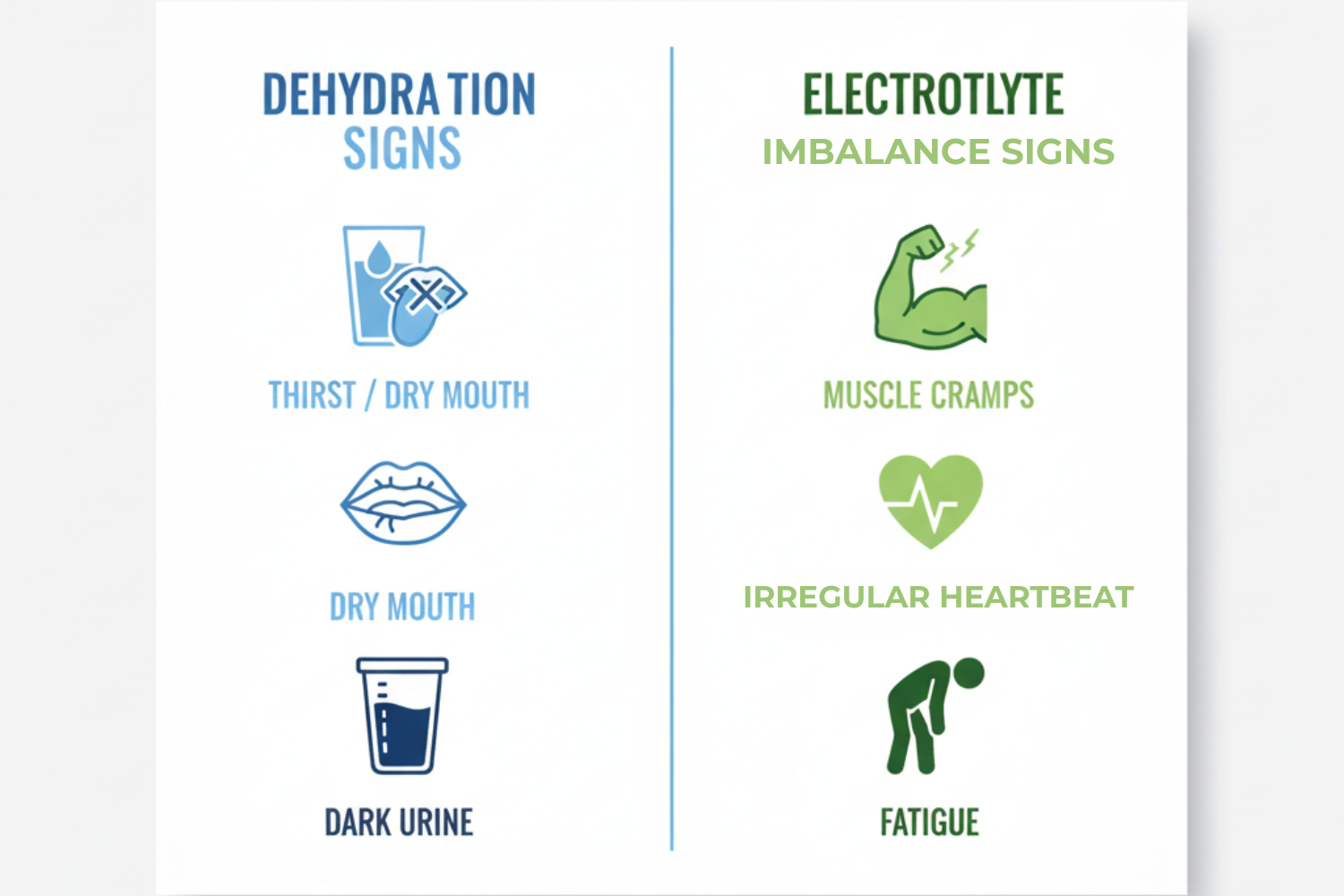
What Are the Best Natural Sources of Electrolytes?
Relying solely on packaged electrolyte drinks is unnecessary when the body can receive a steady supply of these minerals from everyday, whole foods and natural beverages. These sources deliver essential minerals alongside the fiber, vitamins, and antioxidants needed for comprehensive health.
Potassium-Rich Foods
https://doi.org/10.1152/advan.00121.2016, supporting muscle and nerve function, and is a key player in regulating blood pressure and heart health.
-
Bananas: A classic, convenient source of potassium that supports quick energy and hydration.
-
Avocados: Extremely high in potassium, these also provide healthy monounsaturated fats that fit perfectly into any healthy eating plan.
-
Potatoes (with skin): These tubers offer significant potassium, along with good levels of magnesium and phosphorus.
-
Leafy Greens: Spinach, Swiss chard, and kale are nutrient-dense sources of potassium and a variety of other minerals.
Magnesium-Rich Foods
Magnesium is critical for muscle relaxation, nerve signaling, and bone structure. It supports normal muscle and nerve function and plays a role in energy metabolism.
-
Nuts: Almonds, cashews, and peanuts are excellent sources of magnesium packaged with healthy protein and fats.
-
Seeds: Pumpkin and sunflower seeds contain particularly high amounts of this vital electrolyte.
-
Beans and Legumes: Black beans, kidney beans, and lentils support bone density and help stabilize body fluid composition.
Calcium-Rich Foods
Calcium is known primarily for its role in strong bones, but it is also one of the essential electrolytes required for healthy muscle contraction and proper function of the nervous system.
-
Dairy Products: Cow’s milk and cheese deliver readily absorbed calcium and other key nutrients.
-
Yogurt: Provides calcium for bone support while also offering probiotics for gut health.
-
Tofu: A great plant-based option rich in calcium and necessary protein.
-
Leafy Greens: Certain greens, like collard greens and kale, offer calcium alongside their magnesium and phosphorus content.
Sodium and Chloride
These two minerals are often linked because they play a primary role in fluid balance and muscle function. While individuals with hypertension may need to limit sodium, the human body still requires a balance between sodium and potassium for crucial functions.
Sources of these electrolytes include standard table salt, simple broth or bouillon, and pickles or fermented foods. When consumed in moderation, these items provide extra electrolytes without the excessive sugar or high sodium loads found in many ultra-processed foods.
Drinks With Electrolytes
Drinks are an excellent way to rapidly replenish fluids and electrolytes following an intense activity or during extended heat exposure.
-
Coconut Water: Known for its high potassium content, which is exceptional for supporting fluid balance.
-
Milk: Delivers calcium, magnesium, and phosphorus, along with necessary protein.
-
Watermelon Juice: Naturally sweet and rich in potassium, offering excellent hydration benefits.
-
Bone Broth: Contains sodium, magnesium, and trace minerals that support general body function and recovery.
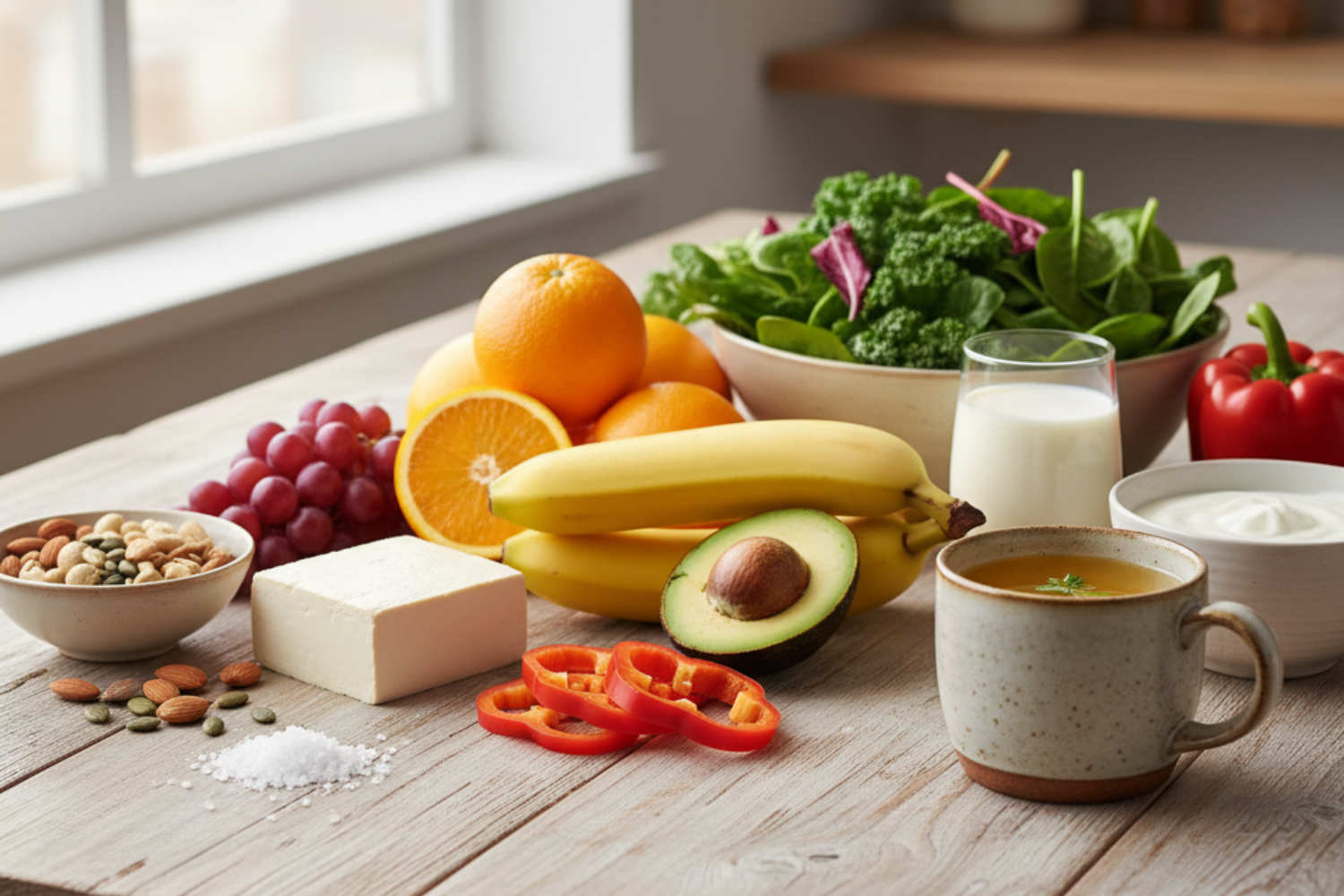
Food vs Drink: What’s the Best Way to Replenish Electrolytes Naturally?
Whole foods that contain electrolytes also provide beneficial nutrients such as fiber, vitamins, and calcium, which support bone health and overall wellness.
Electrolyte drinks, conversely, are perfect for restoring fluid balance quickly. They are most convenient for immediate recovery after a strenuous workout or prolonged heat exposure. The best strategy uses both: consuming a varied diet for baseline health, and using drinks for rapid rehydration and recovery.
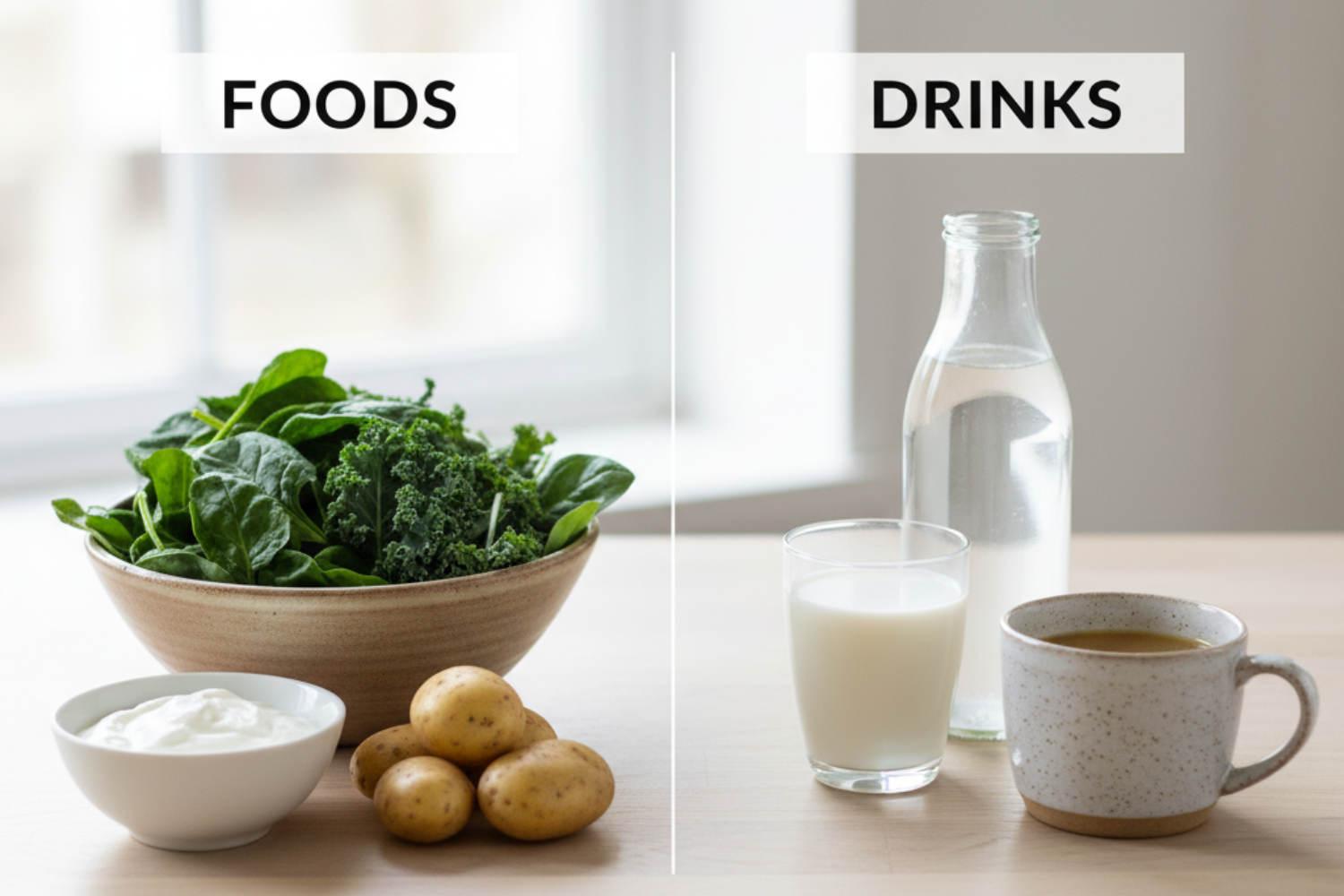
Tips for Maintaining Electrolyte Balance Naturally
Keeping your electrolytes stable doesn't require a complex regimen. Simple daily choices focused on whole foods and natural drinks help your body regulate itself without heavy reliance on specialized products.
-
Eat for Variety: Prioritize a diverse, whole-food diet packed with fruits, vegetables, nuts, seeds, and lean proteins.
-
Pair Fluids with Food: Consuming water and other beverages alongside meals or snacks aids both fluid balance and nutrient absorption.
-
Add Hydrating Meals: Incorporate naturally hydrating foods into your diet, such as soups, smoothies, and fresh, high-water-content produce.
-
Use Supportive Supplements Wisely: If hydration needs are significantly higher due to intense training or illness, consider a clean electrolyte mix to support your natural intake.
Can You Have Too Many Electrolytes?
Electrolyte intake requires careful balance. Excessive intake of some minerals may disrupt the body's normal balance and should be monitored, particularly in individuals with existing health conditions.
Individual electrolyte needs vary widely based on health status, age, and activity level. For this reason, supplements and specialty electrolyte drinks should always complement a diet rich in whole foods, not replace it entirely.
Choosing Natural Sources of Electrolytes for Everyday Hydration
For most individuals, a varied diet can provide sufficient electrolytes, though supplements may be useful in specific high-demand situations such as intense physical activity or heat exposure. Eating a varied diet featuring plenty of fruits, vegetables, dairy products, nuts, and seeds, and including natural electrolyte-rich beverages, helps maintain balanced levels crucial for muscle function, nerve health, and a healthy heart.
For those demanding times when food and drink may not be enough, a clean, balanced electrolyte product can help support hydration without unwanted additives or excess sugar.
Frequently Asked Questions
What foods are the best natural sources of electrolytes?
Fruits, vegetables, leafy greens, dairy products, nuts, seeds, and beans provide a wide spectrum of essential electrolytes in substantial amounts.
Which drink has the most natural electrolytes?
Coconut water is notably rich in potassium, magnesium, and other key electrolytes that efficiently support hydration levels.
Can I get enough electrolytes without supplements?
Yes, for most people, a well-balanced diet featuring whole foods and natural beverages provides all the electrolytes the body needs.
How do I know if I need more electrolytes?
Common indicators include persistent muscle cramps, unexplained fatigue, dizziness, or an irregular heartbeat. If symptoms are severe, medical attention or an electrolyte blood test may be necessary.
Are natural electrolyte drinks better than sports drinks?
Natural options like coconut water, milk, or bone broth generally offer lower sugar content and additional nutrients. Sports drinks, while convenient, are often best reserved for rapid fuel and rehydration during and immediately after prolonged, intense activity.
References
-
American College of Sports Medicine, Sawka, M. N., Burke, L. M., Eichner, E. R., Maughan, R. J., Montain, S. J., & Stachenfeld, N. S. (2007). American College of Sports Medicine position stand. Exercise and fluid replacement. Medicine and science in sports and exercise, 39(2), 377–390. https://doi.org/10.1249/mss.0b013e31802ca597
-
Castro D, Sharma S. Hypokalemia. [Updated 2025 Jan 19]. In: StatPearls [Internet]. Treasure Island (FL): StatPearls Publishing; 2025 Jan-. Available from: https://www.ncbi.nlm.nih.gov/books/NBK482465/
-
Mount D.B. (2022). Fluid and electrolyte disturbances. Loscalzo J, & Fauci A, & Kasper D, & Hauser S, & Longo D, & Jameson J(Eds.), Harrison's Principles of Internal Medicine, 21e. McGraw-Hill Education. https://accessmedicine.mhmedical.com/content.aspx?bookid=3095§ionid=265471636
-
Palmer, B. F., & Clegg, D. J. (2016). Physiology and pathophysiology of potassium homeostasis. Advances in physiology education, 40(4), 480–490. https://doi.org/10.1152/advan.00121.2016
-
Peart, D. J., Siegler, J. C., & Vince, R. V. (2012). Practical recommendations for coaches and athletes: a meta-analysis of sodium bicarbonate use for athletic performance. Journal of strength and conditioning research, 26(7), 1975–1983. https://doi.org/10.1519/JSC.0b013e3182576f3d
-
Shrimanker I, Bhattarai S. Electrolytes. [Updated 2023 Jul 24]. In: StatPearls [Internet]. Treasure Island (FL): StatPearls Publishing; 2025 Jan-. Available from: https://www.ncbi.nlm.nih.gov/books/NBK541123/
-
Slavin, J. L., & Lloyd, B. (2012). Health benefits of fruits and vegetables. Advances in nutrition (Bethesda, Md.), 3(4), 506–516. https://doi.org/10.3945/an.112.002154

